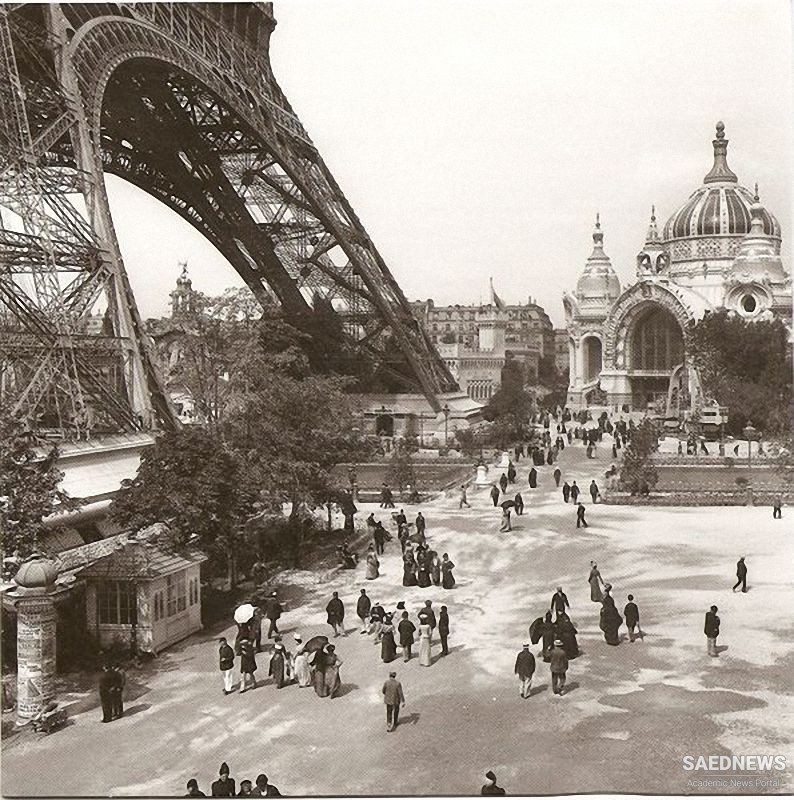The German Empire symbolised to contemporaries in 1900 discipline, union and progress; France was generally seen as a country divided, whose politicians’ antics could scarcely be taken seriously, a society sinking into corruption and impotence. The malevolence of that corruption had been demonstrated in the highest reaches of the army, the Church and politics by the Dreyfus affair, the innocent Captain having been found in 1899 yet again guilty of espionage. The slander against the Jews living in France achieved a degree of viciousness not seen anywhere in a civilised country. Only Russia could compete. Yet, the better-off flocked to France. Paris was acknowledged as perhaps the most beautiful city in the world, certainly the artistic capital of Europe. The Riviera was becoming the holiday playground of European society. Foreigners, of course, realised that there was more to France than the surface glitter of Paris and the Riviera. Few of them could understand a country so varied, so divided and so individualistic. Governments changed so frequently that in any other country such a state of affairs would have meant the nation was close to chaos, ungovernable. Yet, in everyday life, France was a stable country with a strong currency, and well ordered. Europe with monarchs and princes looked askance at republican France with its official trappings derived from the revolution of 1789. Yet France was far more stable than it seemed and by 1914 had achieved a quite remarkable recovery as a great power.


 Nationwide Mobilization and Growing Conscription: Bracing for a Long War
Nationwide Mobilization and Growing Conscription: Bracing for a Long War














































